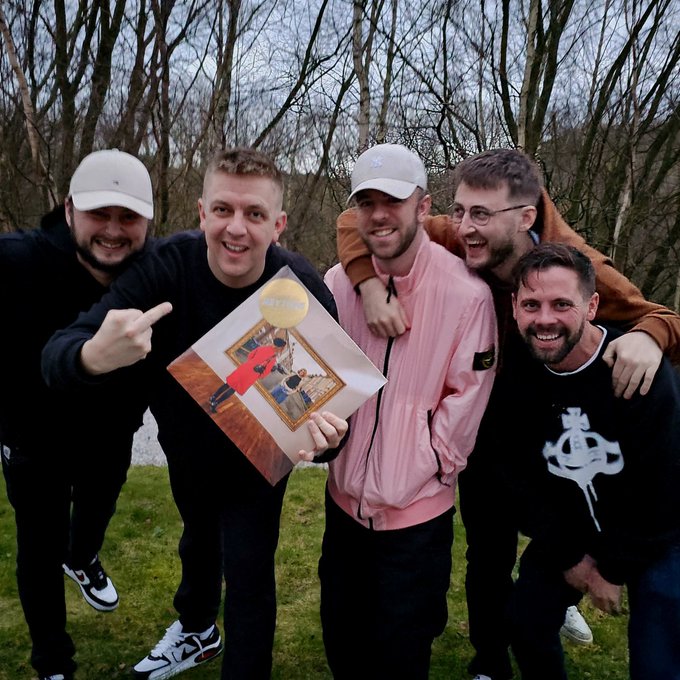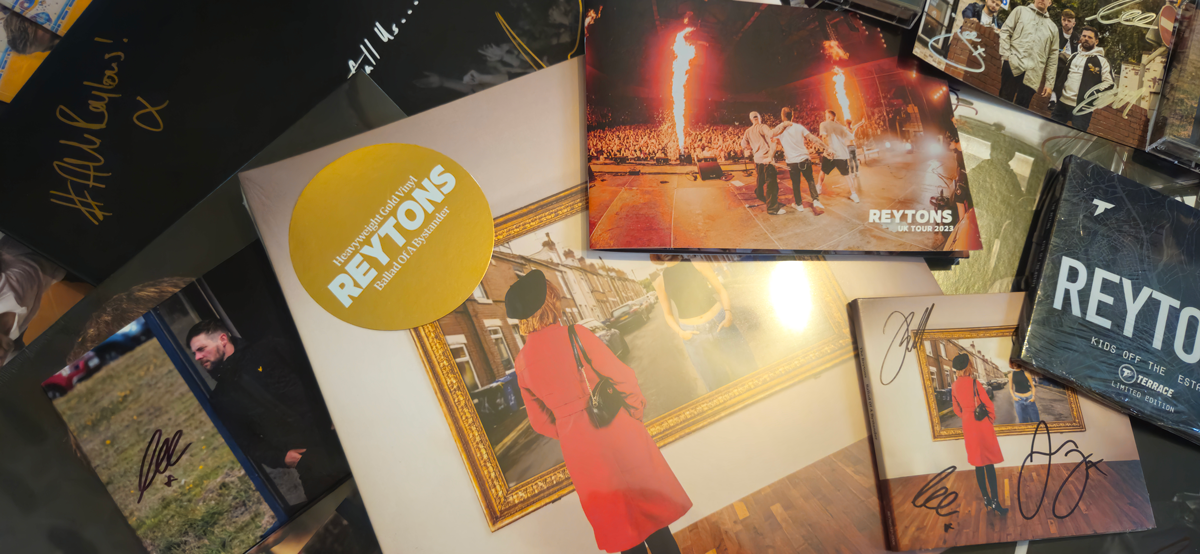
When the UK held the Olympics in 2012, did Danny Boyle direct a masterpiece of European history? or was it one that presented the history, success and remarkable achievements of the British people? We know the answer. It was an opening ceremony that brought about pride in the people of such a great nation, and the world basked in envy. So, what happened between 2012 and 2016?
The UK is the 5th largest economy in the world, 1st in the Global Soft Power index 30, consistently in the top 10 nations for highest Industrial Outputs in the World, one of five permanent seat-holders on the UN Security Council, has the 4th largest defence budget on the planet, one of five countries part of the five eyes intelligence alliance, our intelligence agencies are commonly ranked in the top 5, despite scare stories the British Pound is still ranked in the top 5 world’s most powerful currencies, the UK plays a leading role in the G8, and G20. We are a nuclear power, English is the most widely spoken, and most learned language in the history of the planet. We sell tea to China, and Vodka to Poland.
Yet, we hear too often how we are not capable of managing our own laws, our own trade arrangements, our own agriculture, our own food, our own fishing waters, our own energy and much more, without the EU. We are told we will be worse off if we leave with “no deal”, yet even biased economic predictions state we will continue to grow.
The dubbed “no-deal” tagline in the media is misleading, the actuality is that we will most likely fall back onto World Trade Organisation (WTO) rules, which after-all is a deal. It is baffling to see the headlines about higher food prices, “No deal will hike food bills by 12%” – Sunday Times.
The misconception is that when we leave the EU, WTO rules will require the UK to take the current tariffs which the EU at present forces us to impose on imports from the rest of the world, and impose them on imports from the EU bilaterally. That is simply not true, The UK is currently in the process of resolving its tariff schedules at the WTO by copying the current schedules used as part of the EU. Nevertheless those schedules do not specify the tariffs which the UK will have to charge on imports; they specify the maximum level of tariffs which the UK are allowed to charge. As a truly independent nation we will be able to charge lower levels of tariffs, or zero tariffs, after-all a truly free nation can make it’s own decisions.
An essential rule of the WTO is the “Most Favoured Nation” (MFN) principle, which states that the tariffs we decide to set must be charged equally to everyone, with the exception of countries with which we have customs union or free trade agreements. With the EU’s current offer we would be unable to negotiate trade deals with any other nation, we would restricted to their negotiations, with no say. Not what people voted for.
Interestingly, before we joined the EEC in the 70’s the UK and after the repeal of the Corn Laws, had an historic low food price policy. On joining the EEC we had to accept a 2.5% food price rise for the first 6 years, so the government of the day accepted a 15% food price rise as a cost of membership. That has continued to creep up. Estimates have come in at around 20% reduction in food prices when we leave on WTO rules, according to Patrick Minford.
Martin Howe (Lawyers For Britain) gave a fantastic example of how the EU Common External Tariff system has been so bad for the UK:
“The EU tariff on oranges was increased to 16% two years ago. This means that all oranges imported from outside the EU have a 16% tariff slapped on them so that Spanish and other EU orange growers can add up to 16% to the world price for their own oranges and sell them into the UK.
The UK has no orange production to protect, so a zero tariff here would lower prices for oranges from outside the EU instantly by 16% – and would probably cause a drop in price of oranges from within the EU.”
He claims “We pay a subsidy of £16 billion per annum to EU27 producers because of the EU’s tariff and non-tariff barriers”.
Let’s look at if the WTO deal meets the demands of the people, and the “promises” of the leave campaigners:
- It removes free movement of people
- It removes the ECJ supreme rule, and reinstates the UK Supreme Court as the actual supreme court again in the UK.
- Laws will be made entirely in the UK via the commons, house of lords, and Royal Assent process.
- The UK will regain control of its fishing waters, and agricultural laws.
- UK governments get the ability to set the VAT levels, and can remove VAT on sanitary products and energy.
- There is zero membership fee – and that money can be reinvested in Universities, Science, technology innovation, and yes the NHS (the bus did state £350m extra a week, thankfully £390+ extra per week has already been allocated in the latest finance package).
- Food, and clothes pricing should drop, with good government policy.
- Trade will not stop – the ocean will not swallow us up, and we will not drift off out of the continent of Europe.
Why are we so reduced as a people? why have we lost our confidence? Overseas investment into the UK is at an all-time high. Why if others have faith in us, we don’t?
It is time we started thinking about our future, as an independent self-governing nation, getting our confidence back and showing we mean business. Imagine if we became a low-tax Singapore style nation, the EU would be forced into a tough position.
We don’t have to fear a deal on WTO – we do trade with two of the world’s largest nations on the planet with them.
Written by Dan Evans






















